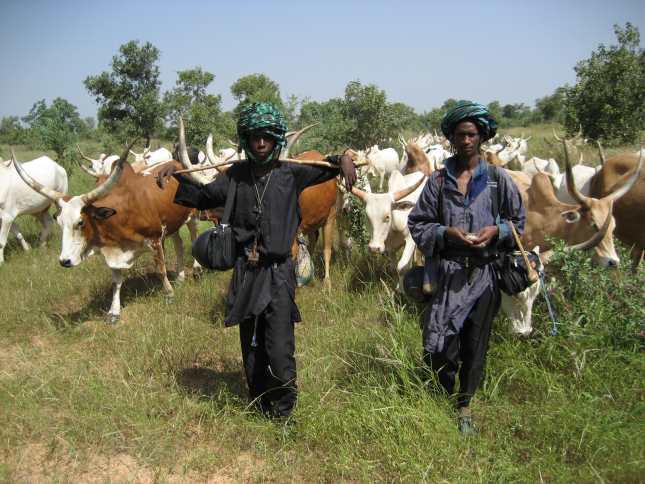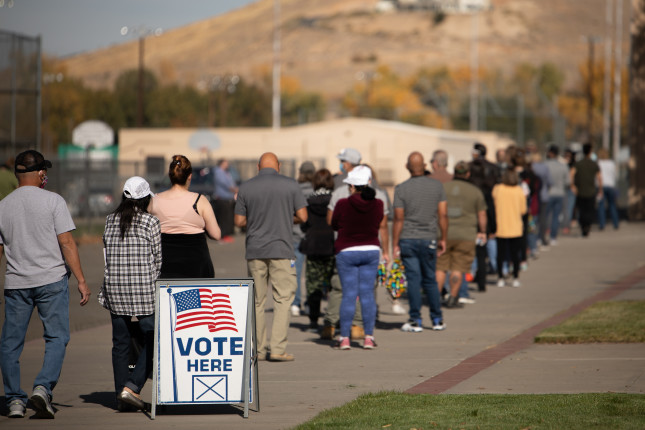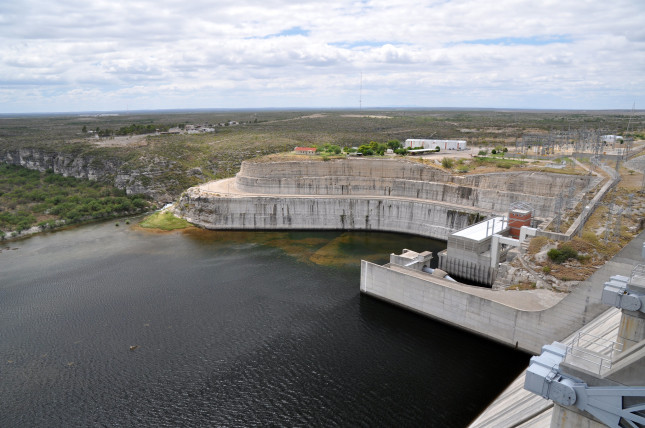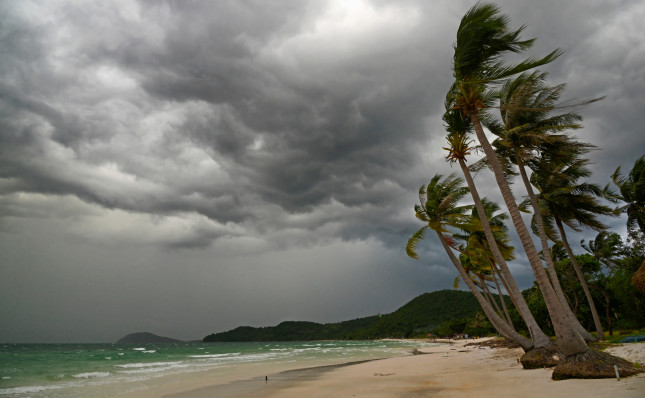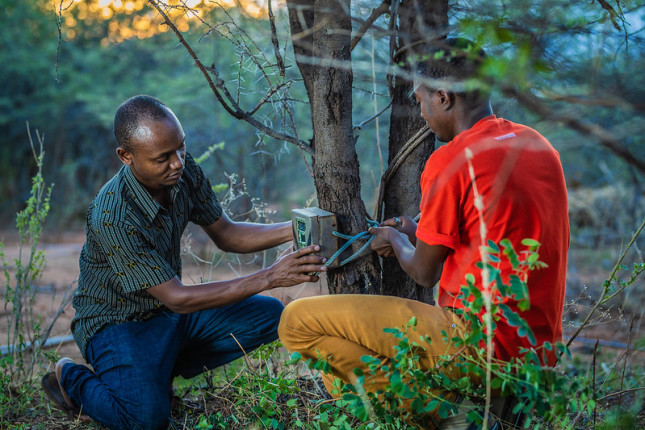-
Who’s responsible for feeding hungry people?
›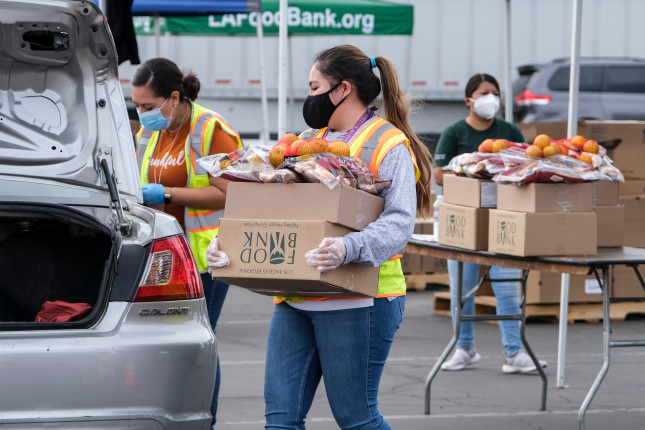
Historically, Americans have not been entitled to adequate, nutritious food when they are hungry, at least not at the expense of federal or state governments. Public food assistance programs are and have always been limited and supplemental and not designed to cover all nutritional needs. The effects of limited government engagement with hunger have disproportionately affected women and people of color and resulted in a patchwork system of assistance where charities and privately funded food banks attempt to fill gaps left by the government’s Supplemental Nutrition Assistance Program (SNAP) program.
-
A Dangerous Taste for Plastic in the Ocean Depths
› If you watched Finding Nemo (who hasn’t?), you may remember Nemo’s home in the beautiful pink sea anemone with its tentacles waving around. These tentacles are able to sting and eat fish, crabs, and sometimes even birds. Lucky for Nemo, clownfish have a mucus coat that protects them from the sea anemone’s poisonous stings. And lucky for the sea anemone, clownfish protect them from being consumed by other fish and provide them nutrients through their food and fecal droppings. Nemo and his fellow clownfish, however, can’t shield these sedentary sea animals from nearly invisible plastic microfibers or plastic preproduction pellets, called nurdles. At Duke University I have been studying one specific species of sea anemone, Aiptasia pallida, which seems to find plastic particularly tasty. My work is part of a larger wave of scientific research around the world looking into how and why sea animals are eating microplastics and how it may impact their health.
If you watched Finding Nemo (who hasn’t?), you may remember Nemo’s home in the beautiful pink sea anemone with its tentacles waving around. These tentacles are able to sting and eat fish, crabs, and sometimes even birds. Lucky for Nemo, clownfish have a mucus coat that protects them from the sea anemone’s poisonous stings. And lucky for the sea anemone, clownfish protect them from being consumed by other fish and provide them nutrients through their food and fecal droppings. Nemo and his fellow clownfish, however, can’t shield these sedentary sea animals from nearly invisible plastic microfibers or plastic preproduction pellets, called nurdles. At Duke University I have been studying one specific species of sea anemone, Aiptasia pallida, which seems to find plastic particularly tasty. My work is part of a larger wave of scientific research around the world looking into how and why sea animals are eating microplastics and how it may impact their health. -
Climate War in the Sahel? Pastoral Insecurity in West Africa Is Not What It Seems
›
As violence in Mali and Burkina Faso reached a ten-year high this year, the West African Sahel appears to be experiencing the perfect storm of climate stress, resource degradation, and violent extremism. At the center of that storm, one finds livestock herders—pastoralists—who are both vulnerable to environmental changes in the region, and historically marginalized from politics. Conflict in the region looks like a harbinger of the climate wars to come—but is it really? In research produced for Search for Common Ground, Andrew McDonnell and I found that while competition for land and water resources has increased dramatically across the region, violence associated with pastoralism emerges from a much more complex set of factors. Not surprisingly, the decisive conflict variable is governance.
-
Reducing the Risk of Pandemic Disease Threats Through Multisectoral Action
›
“No single individual, discipline, sector or ministry can preempt and solve complex health problems.”
The COVID-19 pandemic underscores the importance of multisectoral action to contain and mitigate the effects of the virus. Presently, during crisis conditions or “war time,” in the language of outbreak experts, multisectoral efforts—including actions traversing health, education, labor, finance and other sectors—are readily apparent. But when policymakers perceive crises have passed, during so-called “peacetime,” governance structures that enable multisectoral collaboration tend to diminish or languish.
-
A Tale of Two Transitions: Education, Urbanization, and the U.S. Presidential Election
›
Rather than delve into issue opinion polling, or assess presidential campaign strategies, political demographers assume that political change is the predictable product of a set of mutually reinforcing social, economic, and demographic transitions, which can be tracked using data. But is this true in a country like the United States that has been in the advanced stages of these development transitions for decades? If these transitions are as important as demographers believe, could their variation among the 50 states explain the outcome of the recent U.S. presidential election? If so, what could they tell us about America’s electoral future?
-
U.S., Mexico Sign Rio Grande Water Agreement
›
U.S. and Mexican officials settled a water dispute that had been simmering for several months and led to protests by Mexican farmers concerned about water access.
-
It’s Time for Scenario Planners and Enterprise Risk Managers to Join Forces
›
Scenario planning—a powerful method for communicating and examining uncertainty—is once again in vogue as a result of the COVID-19 pandemic. Despite the growing interest in this approach, however, its use is still limited, deployed predominately by the intelligence, business, and military communities.
-
Why Securing Youth Land Rights Matter for Agriculture-Led Growth in Africa
›
Africa’s “youth bulge” represents both an enormous challenge and a tantalizing opportunity for the continent. With over 60 percent of Africans under the age of 35, governments are under increasing pressure to grasp the “demographic dividend” youth represent to boost agricultural productivity, enhance food security, and expand economic opportunities for young men and women. Each year, about 10-12 million young Africans aged 15-24 enter the labor market, but only 3.1 million formal wage jobs are generated, pushing millions of youth into low paying and precarious informal employment.
Showing posts from category Guest Contributor.


 If you watched Finding Nemo (who hasn’t?), you may remember Nemo’s home in the beautiful pink sea anemone with its tentacles waving around. These tentacles are able to sting and eat fish, crabs, and
If you watched Finding Nemo (who hasn’t?), you may remember Nemo’s home in the beautiful pink sea anemone with its tentacles waving around. These tentacles are able to sting and eat fish, crabs, and 